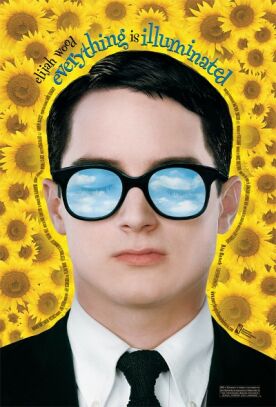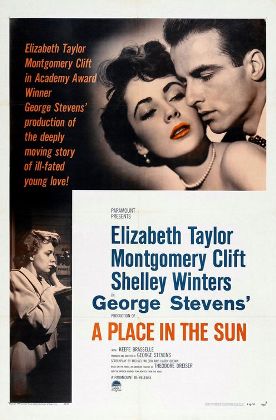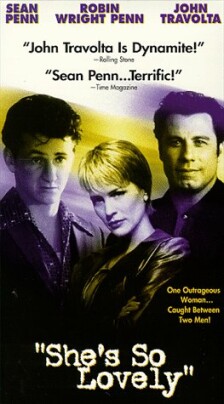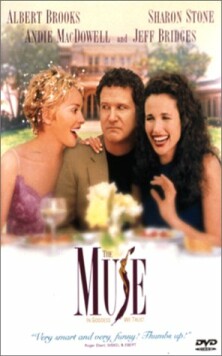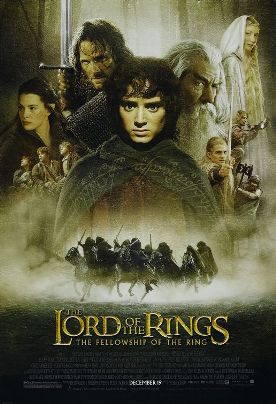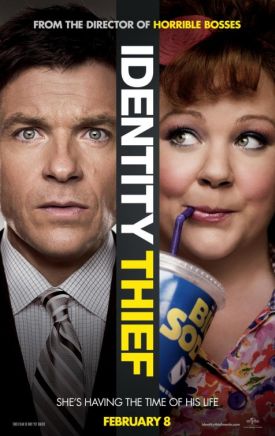Everything is Illuminated
The German Marxist critic, Theodor Adorno, was once famous for having remarked that, after Auschwitz, poetry was impossible, though that is not quite what he did say. Half a century later, it has turned out to be rather a good joke on him — or is it a confirmation of his view? — that poetry, like the other arts, sometimes seems as if it can hardly get along without the Holocaust. As the cultural consensus on which the great works of the past were based has broken down over the past few decades, we are left with fewer and fewer sources of the kind of resonant imagery that the Holocaust provides. There’s almost nothing that everyone believes, particularly about good and evil, but almost everyone believes that the Nazi murder of European Jewry was evil and its victims infinitely pitiable.
The danger of using such an obvious moral truth as the raw material for art is that it encourages not self-identification with suffering but self-congratulation that we have made the right response to it. Thus, at the end of the screening I attended of Liev Schreiber’s adaptation of Jonathan Safran Foer’s novel, Everything is Illuminated, the audience applauded. Neither Mr Schreiber nor Mr Foer nor anyone else involved in the making of the movie was present to receive their kudos, and I believe that they were really applauding themselves for the familiar and reassuring feelings — a combination of moral and political indignation and pity — that the cinematic Holocaust always produces in audiences, and is designed to produce. This is unfortunate, as there was more to this movie than just another Holocaust tale.
Like the novel, that is, it really wants to be about memory and the identity of a people over time. In the novel, the Holocaust is set in a much larger historical context — going backwards 150 years to life in a Ukrainian shtetl in the late 18th century and then forwards another half century or more to a search for his Ukrainian ancestors by the American grandson of a refugee from the Holocaust. Mr Schreiber’s adaptation, which he also directed, foreshortens this perspective, giving us only the present day and some dim but meaningfully fraught memories of 1942 when virtually all the inhabitants of the Ukranian-Jewish village of Trachimbrod were murdered by the Nazis.
Let me hasten to add that there is no mystery about why Schreiber did what he did to the novel, which, though its much larger time-reach and cast of characters might conceivably have been made into a mini-series, would have made even a long movie into an incomprehensible mess. Moreover, its various bits of bizarrerie and magical realism would have worked no better on the silver screen than such things usually do. Above all, I for one was grateful to Mr Schreiber for radically cutting back on the acres of space the novel gives to the allegedly hilarious malapropisms in the long letters of the Ukrainian guide, Alex Perchov, to “the hero” of the novel, also called Jonathan Safran Foer. A little of Alex’s linguistic exuberance goes a long way, I find, and the movie’s version of him, played by Eugene Hutz, though entertaining is Alex enough and plenty at that.
But something is also lost in all that has had to be excised from the novel’s sprawling canvas. Mr Schreiber radically simplifies it by setting the efforts to remember of Jonathan the hero, played by Elijah Wood, against the efforts to forget of Alex’s grandfather, also called Alex (Boris Leskin), who has a guilty secret that I will not, of course, reveal here. While this makes for a nice symmetry, it also has what I regard as the regrettable effect of making the movie, much more than the novel, about the Holocaust — that moral black hole from whose gravitational field nothing can escape. Our own cultural memories — not only of the Holocaust itself but of all the other movies about it — are thus so thoroughly present in what we bring to this movie that its attempts to explore the ephemerality and lightness of what we are trying not to forget are always in danger of looking merely trivial by comparison to the weightiness of what we can’t help remembering.
It doesn’t help, either, that the personal idiosyncrasies of Jonathan the hero are stressed to the extent they are. The boyish-looking Mr Wood has still, perhaps, something of the hobbit about him in his dark suit and thick glasses and fanny-pack full of ziplock plastic bags for collecting the grubby relics of his family and of Trachimbrod — and of anything else that takes his fancy. “Sometimes I’m afraid I will forget,” he says. No such luck for us, anyway. When he and the two Alexes and old Alex’s “seeing eye bitch,” Sammy Davis Junior Junior, meet the old lady (Laryssa Lauret) who may or may not be responsible for the escape of Jonathan’s grandfather from the Nazis, the gallery of grotesques is complete. The old lady turns out to be a collector too, and in the carefully labeled boxes that line the walls of her tumbledown cottage in the middle of a vast field of sunflowers, Trachimbrod, otherwise vanished, lives out a precarious posthumous existence — as all dead things do for a little while in the memories of the living.
Except, of course, that its being an episode of the Holocaust is an invitation to us to suppose that we remember it better than we do. At least we know that those who were once Trachimbrod are now among the approved victims of the 20th century, to be remembered whenever its history is told. The title is, among other things, shorthand for “everything in the present is illuminated in the light of the past,” but here the past is not used to illuminate but to obscure. All of our perceptions of it are wrapped in the remoteness not only of the past events themselves but of the habits of mind which produced them and therefore are swaddled in the warm glow of self-approval. Perhaps it is just me, but I’d find the pathos of the vanished village of Trachimbrod and the people and the way of life it represents more piquant and certainly more interesting if its loss had been less morally momentous and more reminiscent of the way of all flesh.
Discover more from James Bowman
Subscribe to get the latest posts to your email.

